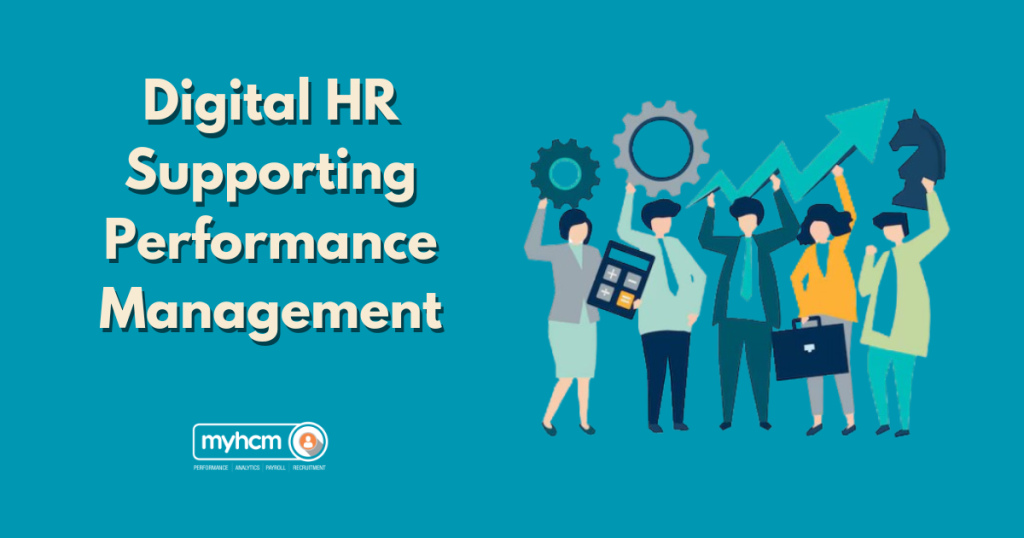Introduction
Human Resources (HR) is experiencing a significant shift, largely driven by rapid technological advancements. This digital evolution is transforming how HR professionals operate, engage with employees, and contribute to achieving organizational goals. One area where digital HR is making a particularly strong impact is performance management. By embracing digital HR tools, organizations can streamline workflows, increase efficiency, and cultivate a more engaged, productive workforce.
Key Trends in Digital HR for Performance Management
Several trends are defining the future of digital HR, especially in it. A prominent trend is the use of AI and machine learning to automate data gathering, analysis, and reporting. Another major development is the adoption of continuous feedback systems, enabling regular performance discussions and development planning. Additionally, employee self-service portals are becoming more common, empowering employees to manage their development and track their progress independently.
Benefits of Digital HR for Performance Management
Digital HR adoption in it brings numerous advantages to organizations. First, it enhances the accuracy and fairness of performance evaluations through data-driven insights. Second, digital HR boosts employee engagement by enabling real-time feedback and promoting a culture of ongoing learning and development. Third, it contributes to organizational success by aligning employee performance with overarching goals and objectives.
Challenges and Considerations
Despite its advantages, digital HR in it poses certain challenges. Ensuring data quality and accuracy is critical. Additionally, there’s a risk of potential bias in performance evaluations. To address these issues, organizations should prioritize data governance, invest in employee training, and adopt ethical AI practices.
Best Practices for Implementing Digital HR for Performance Management
To make the most of digital HR in performance management, consider these best practices:
- Set clear performance expectations: Define measurable performance goals that support organizational objectives.
- Provide ongoing feedback: Establish a system for regular, both formal and informal, feedback to keep employees informed of their performance.
- Use software: Implement digital HR tools to automate reviews, monitor employee progress, and deliver real-time feedback.
- Promote a culture of continuous learning: Encourage employees to engage in ongoing learning to enhance their skills and performance.
- Align performance with rewards: Link it to rewards and recognition to motivate high performance.
Conclusion
Embracing digital HR solutions for performance management enables organizations to foster a more efficient, effective, and engaging work environment. By optimizing employee performance and aligning it with business goals, digital HR drives organizational success and supports a culture of continuous growth. As digital trends evolve, HR professionals must stay updated on best practices to remain leaders in digital HR for performance management.

Pingback: HR Analytics - Blogs - MyHCM
Pingback: Digital HR in Retaining Employees - Blogs - MyHCM